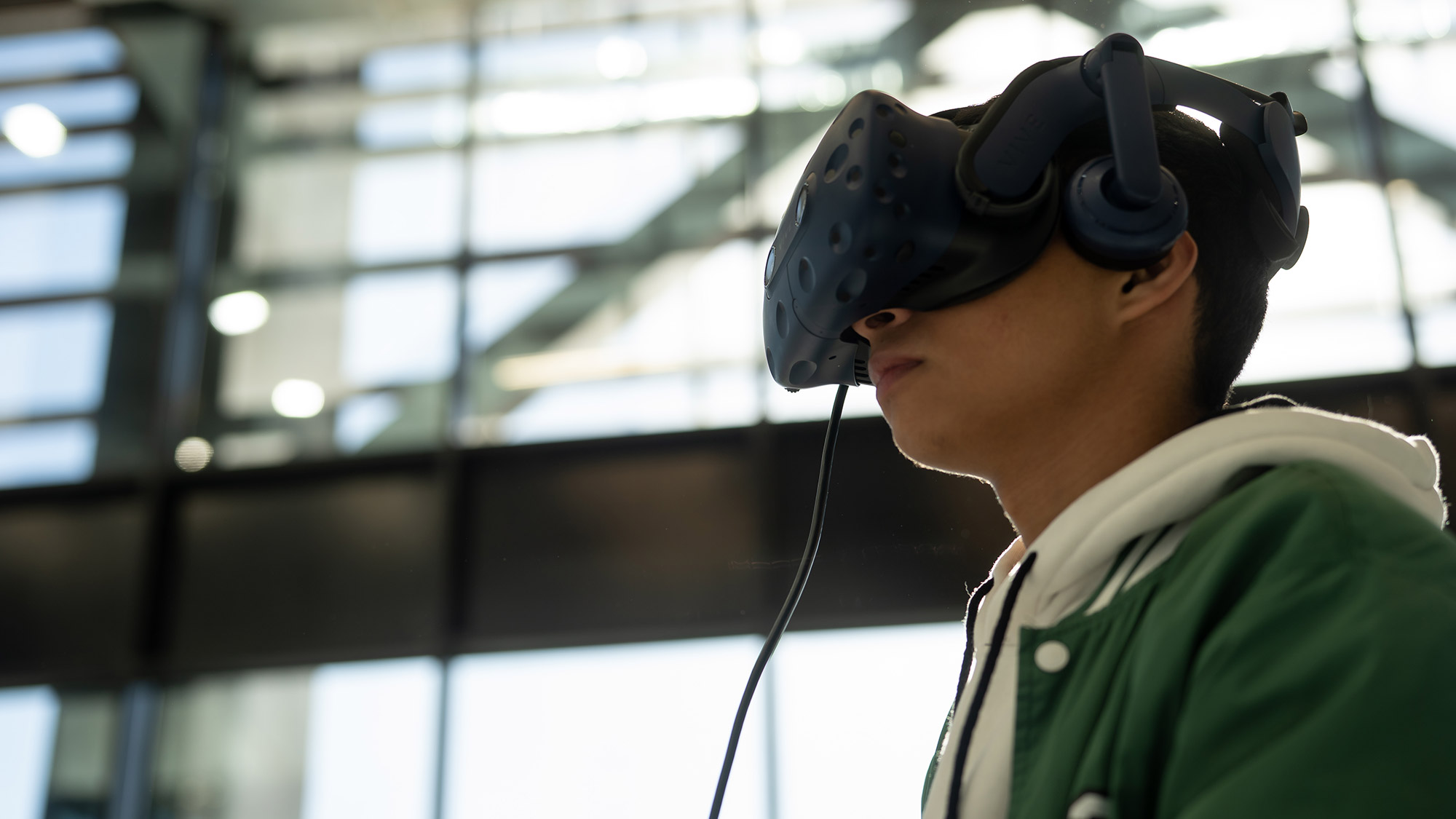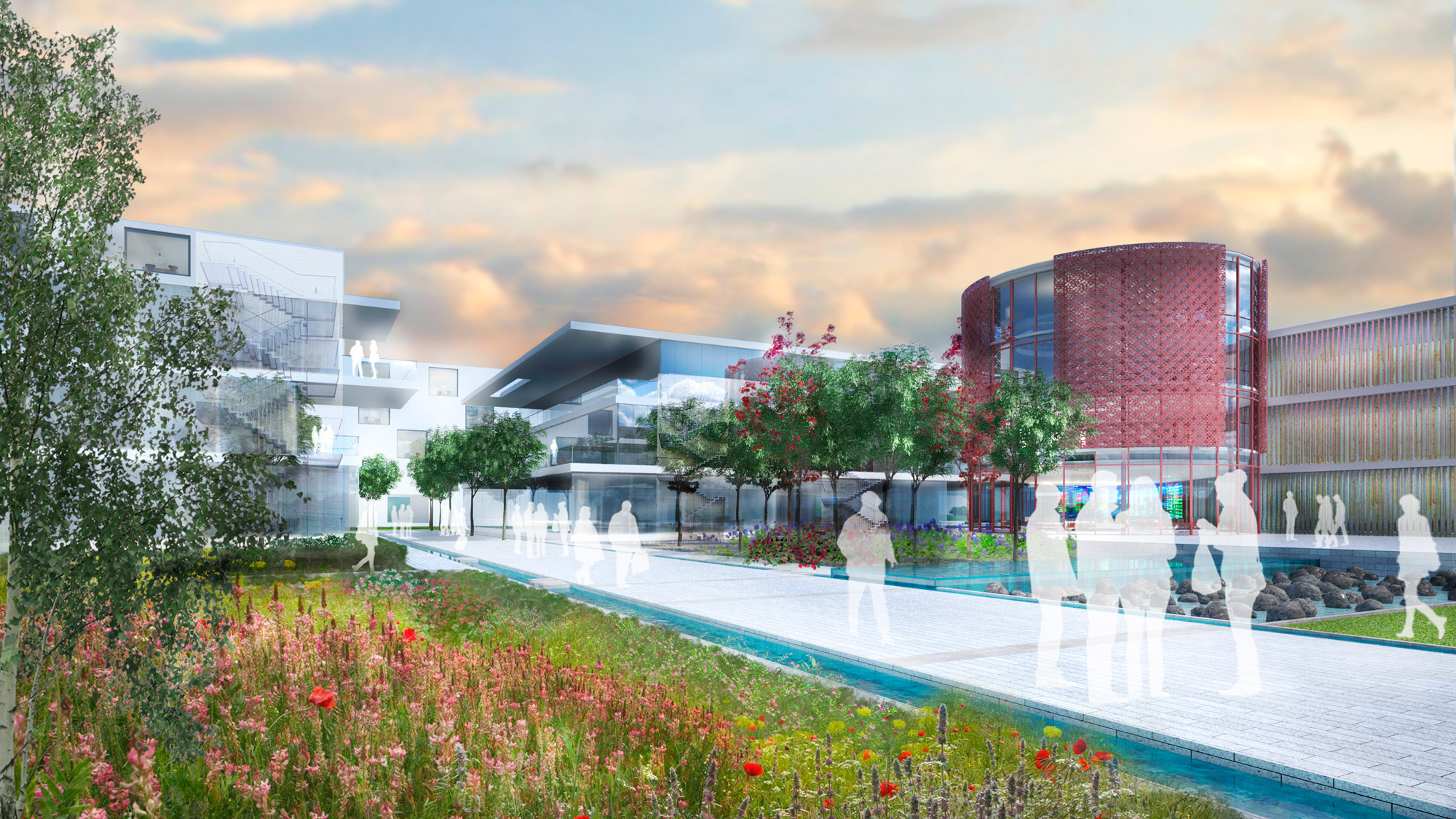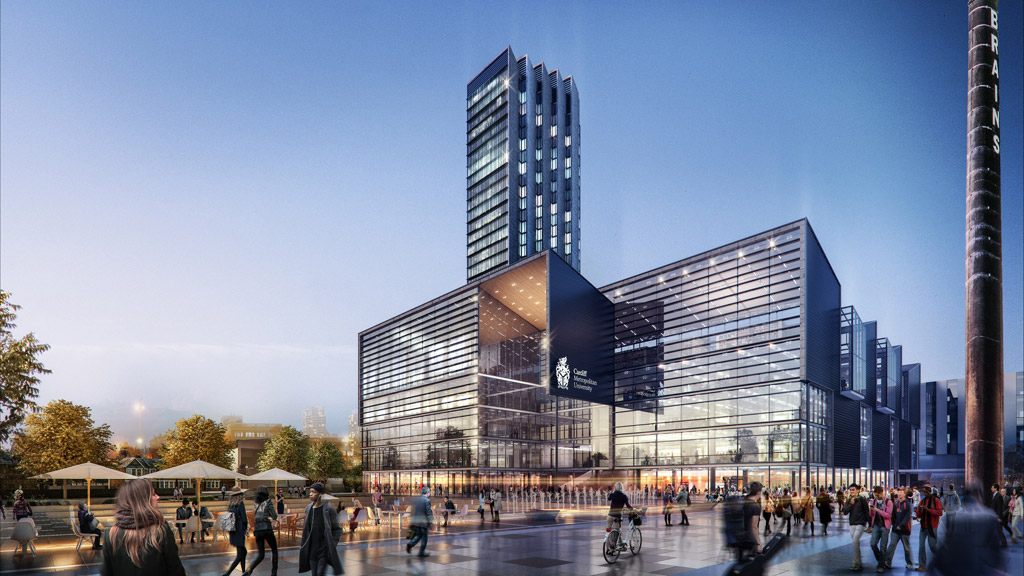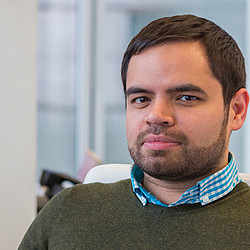Investing in Lifelong Learning Experiences to Reenergize our Workplaces
February 17, 2023 | By Richard Jacob
Lifelong learning can be transformative. It gives us a sense of progression and evolution, and a sense of direction and purpose. As a concept, the potential opportunity it brings is excellent, but as a process, lifelong learning hasn’t translated itself into our culture or manifested itself in our everyday lives. There is still a sense that learning is for the young — as something that happens at school, and then maybe university, and then that’s it. This is a flawed approach and disregards the fact that learning never stops in our lives; In order to keep ourselves mentally fit, we must stay mentally active. If we take the mindset that we’ve already learnt everything we need to know, we ultimately become staid and stuck, don’t learn from our mistakes, and lose sight of other possibilities and solutions.
The School System
Traditional education focuses on attainment and the ability to build a career and future employment opportunities. This process has supported the workplace for generations by providing new employees with the right skills. However, it is a process that does not have time for other equally important aspects of personal development. Characteristics such as mental resilience and grit, personal reflection, a thirst for knowledge, financial stewardship, leadership, and elements of good citizenship are often overlooked. It also does not necessarily nurture the growth of a lifelong learner with a clear purpose in their life, which is something an employer would gladly want in a team member.
Currently, with rising school hours there is no more room in traditional education to allow for these skills — so where could such learning take place? Where could we foster lifelong learning and a culture of curiosity? Well, why not in the workplace?

Current Workplace Learning
Most of us think of dry PowerPoint presentations in stuffy rooms when we think of workplace learning. Our lifeless learning that ticks boxes is one-dimensional and is often given and received with little engagement or conversation between instructors and learners.
Imagine new avenues for learning that cater to the more social and mental aspects of life outside of a career within the workplace, such as delivering practical crafting skills in the workplace or for instance workshops that aim to help employees find the greater purpose and impact of their work. Such learning could help not only unlock creativity and imagination but also act as a means to power drive and motivation beyond a paycheck and into meaningful and impactful careers. These approaches could also unlock authentic lifelong learning and make it a concrete factor in all our lives. It could allow staff to explore their interests and passions outside of work, create renewed engagement, and ultimately reduce burnout, “languishing”, and “boreout” through increased stimulation and satisfaction.
None of us are one-dimensional beings; we are multifaceted, multiskilled, and multi-passionate individuals. These elements are a key foundation to what makes us unique in the workplace and at home. Catering to these aspects will create richer experiences in the workplace and lead to discoveries and awareness in our professional and personal lives that will give us both a sense of purpose and meaning.
We need to support these individual differences to ensure that when come together collectively, we approach solving business problems from all angles rather than as ‘identikit employees’ that have standard solutions.
The workplace could be the perfect opportunity to instil this much-needed learning and be the natural home of actual and realised lifelong learning.
Workplace Learning as a Competitive Advantage
Working remotely has shown its significant advantages in terms of productivity, focus working, and time savings — but it has also revealed negative impacts on collaboration, creativity, and learning opportunities. To benefit from the best of working remotely and in person, we need to build on the advantages of both. Companies that square this circle will attract new talent and be vastly ahead in terms of productivity, creativity, employee engagement, and commitment.
Understanding the benefits of both working styles ultimately shows that we don't need rows and rows of desks. Instead, we need to develop more nuanced approaches that draw staff into the office and encourage interaction while also offering freedom and choice.
As organizations continue to adjust their space needs, we should make room for creative, innovative learning hubs that act as the spiritual and cultural heart of a company. Such hubs can build communities of learning, knowledge sharing, and mentoring that demonstrate a commitment to employees’ professional and personal growth — as well as building natural, committed communities within the workplace. These can become the metaphorical fireplace where we come together to share stories, bond, create a shared culture, and foster lifelong learning.

Now more than ever, we must avoid dry, dull, passive, and staid workplace learning, which seems to homogenise thought rather than expand it. Such an approach to workplace learning will build the foundation for lifelong learning in employees and, in turn, a culture of curiosity in our societies.
In the all-important goal of finding meaning and purpose in one's life and work, workplace learning can become the catalyst and compass to that meaning, letting us discover how we want to impact our work and our communities positively at an individual level.
For media inquiries, email .

